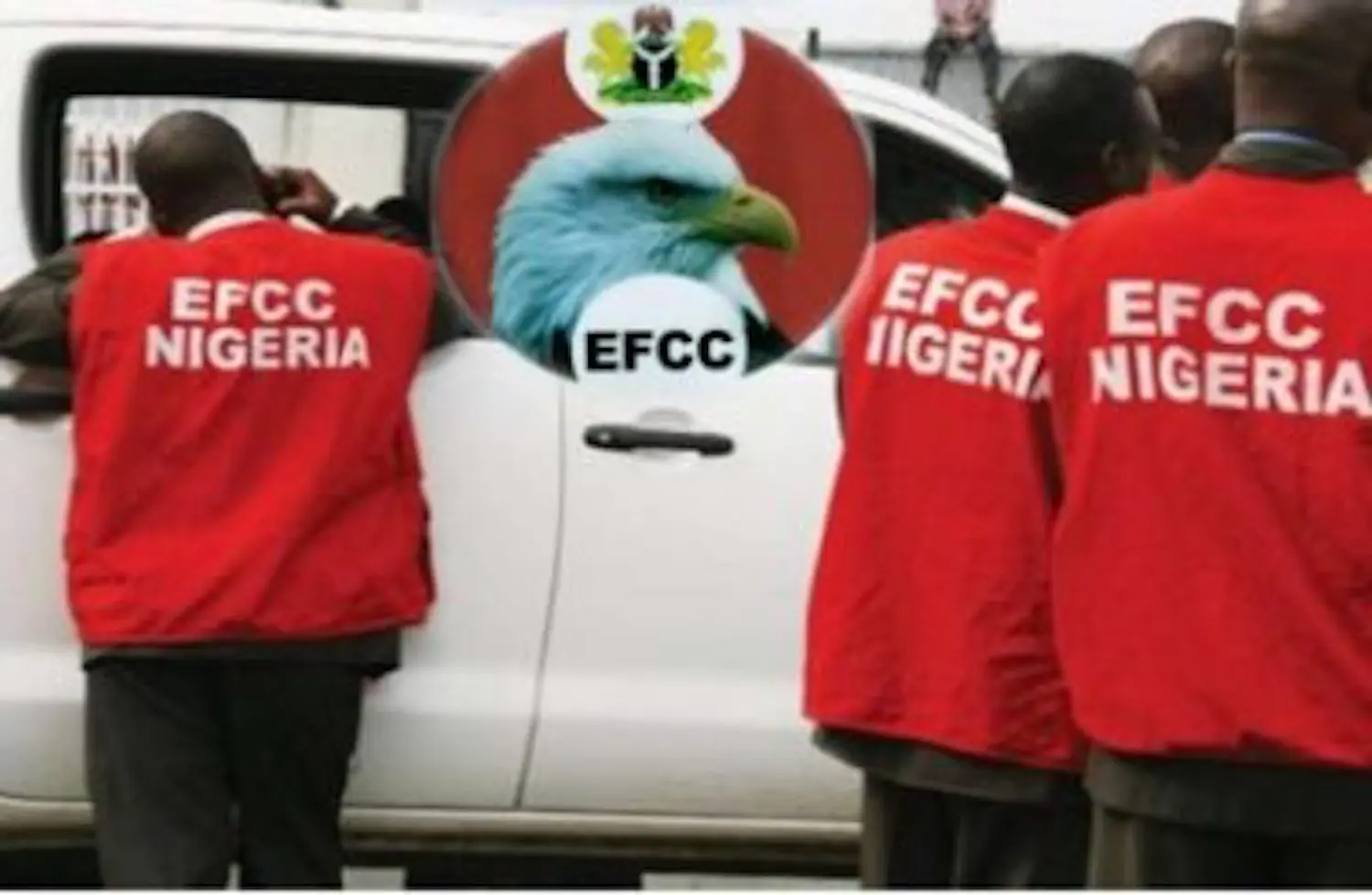A Federal High Court in Abuja has granted the Economic and Financial Crimes Commission (EFCC) approval to freeze 24 bank accounts across multiple financial institutions due to allegations of terrorism financing. The court's ruling came after the EFCC filed an ex-parte motion, seeking the temporary freeze of the accounts to aid their ongoing investigations into illegal financial activities, particularly in relation to suspected terrorist financing and money laundering operations.
In a court session presided over by Justice Emeka Nwite, the ruling was issued following the motion filed by EFCC counsel, Martha Babatunde. The 90-day freeze, which allows the EFCC to continue its investigation, was granted on the basis of evidence presented that links the accounts to suspicious criminal activities. The case, filed under motion number FHC/ABJ/CS/1897/V/2024, was further substantiated by Senior Advocate of Nigeria Ekele Iheanacho, who represented the EFCC in requesting the court's intervention.
The accounts, which belong to Lawrence Lucky Eromosele, are part of a larger investigation into his alleged involvement in serious crimes, including kidnapping. The EFCC believes that these accounts may be utilized for money laundering and terrorist financing activities. According to the EFCC counsel, the investigation has uncovered a network of criminal transactions that involve cryptocurrency platforms to exchange illegal funds. These illicit transactions are believed to be linked to destabilizing efforts and acts of terror within Nigeria.[/p>
EFCC's senior counsel, Martha Babatunde, emphasized the urgency of freezing these accounts, noting that the criminal activities associated with them could have far-reaching consequences on national security. The funds in these accounts are believed to be associated with illicit actions, including the manipulation of the naira and other criminal endeavors, which could destabilize the economy and national security. Babatunde also referred to the dangerous criminal syndicate involved, whose primary target has been senior National Security Adviser (NSA) operatives and their families. The syndicate has reportedly been threatening NSA operatives, including the provision of sensitive personal information such as addresses and movement schedules, while extorting money for the safety of the operatives and their families.
The affidavit filed by Mohammed Khalil, an investigator with the EFCC's Special Investigation Team, further detailed the scope of the investigation. Khalil revealed that the team had been investigating this syndicate based on directives issued by the National Security Adviser Nuhu Ribadu, who expressed concern about the severe threats posed by the group. Khalil explained that the extortion activities were specifically aimed at pressuring NSA operatives into paying ransom for the safety of their families, with one such threat reportedly captured in a chat between the syndicate and one of the NSA operatives.
Khalil also stated that the team had successfully traced a number of bank accounts linked to the perpetrators, which had been used to launder money and facilitate illegal transfers. These accounts were traced back to individuals who had been using cryptocurrency exchanges to manipulate the value of the naira while laundering funds derived from criminal activities. In his affidavit, Khalil attached bank statements that confirmed the links between the funds and illegal activities. He stressed the importance of freezing these accounts to prevent further financial transactions while the investigation continues. The documents were presented as key evidence in the investigation, ensuring that the court would have access to a clear picture of the scale of these operations.
As the court session continued, EFCC counsel Martha Babatunde made it clear that this case was urgent and that the requested freeze on the accounts was vital for the ongoing probe. She pointed out that the 90-day freeze would provide the necessary time for the EFCC to gather additional evidence and complete its investigation. The motion was filed on December 17, 2024, with the goal of wrapping up the investigation by the end of the 90-day period. Justice Nwite, after considering the submissions, granted the EFCC's request to freeze the accounts, while also adjourning the case until March 24, 2025, for further mention, allowing the authorities time to continue their work.[/p>

